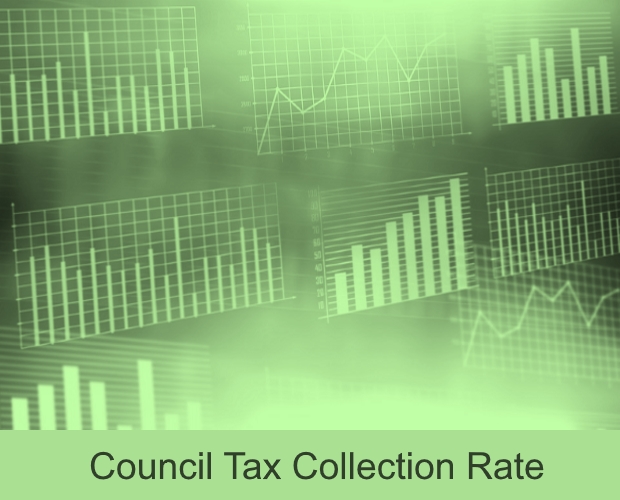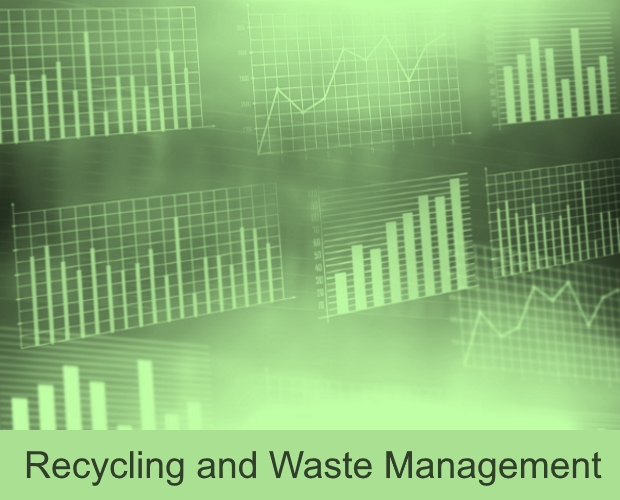T: 01822 851370 E: [email protected]
Visit RSN Survey about life in rural England to find out more.
Performance Benchmarking
 We believe that when benchmarking against other services you should, as far as possible, compare like with like. Delivering a recycling service to an inner city area is significantly different to a sparsely populated area and needs to be benchmarked accordingly.
We believe that when benchmarking against other services you should, as far as possible, compare like with like. Delivering a recycling service to an inner city area is significantly different to a sparsely populated area and needs to be benchmarked accordingly.
We provide a service that enables you to benchmark your performance in key areas against other rural authorities and your family authorities.
Family authorities are those with which you share similar characteristics.
We often provide in year analysis which enables you to understand your performance ahead of year end to assess how well you are doing.
We currently provide analysis in 4 areas:
The Benefits Processing analysis within the Performance Benchmarking section on the RSN website has now been updated to Quarter 4 2023/24. The speed of processing is a measure of the average time it takes to process a new Housing Benefit...
These analyses present National Statistics on the collection rates of council tax and non-domestic rates by local authorities. The in-year collection rate is the amount of council tax (or non-domestic rates) due for the financial year that was received by...
Development Management – Planning Analysis This development management analysis includes consideration of turnaround times for processing planning applications. These traditional performance measures, long collected by the Government to measure success in the planning system, are lagging indicators; they measure what...
Local Authorities are responsible for the collection of household waste. They are also required to provide a recycling service. LATEST RSN ANALYSIS: 2022/23 Residual Household Waste Per Household Analysis user guide District Analysis- Residual Household Waste Per Household ...
NEWSLETTER
Sign up to receive all our latest news and updates.
HOT TOPICS
Amid reduced public spending, fair resource allocation across regions is crucial. Despite a population larger than Greater London, rural areas receive significantly less funding for essential services, even though delivering these services in rural areas is more expensive.
Economic growth is widely acknowledged as essential for national wealth and prosperity and is a priority for political parties. Rural economies, employing millions and home to a higher proportion of small businesses, have potential for growth if barriers are removed.
Rural residents face distinct healthcare challenges, including limited access to transport, longer distances to medical facilities, an aging demographic, housing inadequacies, digital connectivity gaps, and difficulties recruiting health and care workers.
Rural communities are grappling with a severe affordable housing crisis, marked by high house prices, a lack of affordable housing, elevated living costs, and lower incomes, threatening their sustainability and vitality.
Transport is vital for the quality of life and economic health of rural areas, yet it faces challenges such as infrequent public bus services and less Government funding compared to urban regions.
Rural areas, encompassing a substantial portion of England's population and land, play a pivotal role in combating climate change and achieving the net zero target.
In an increasingly digital world, the lack of robust digital infrastructure in rural areas severely limits access to crucial services and stifles economic growth.
A future-focused vision for rural communities involves not just building the right homes in the right places but also ensuring thriving, sustainable communities.
SIGN UP TO OUR NEWSLETTER
Sign up to our newsletter to receive all the latest news and updates.







